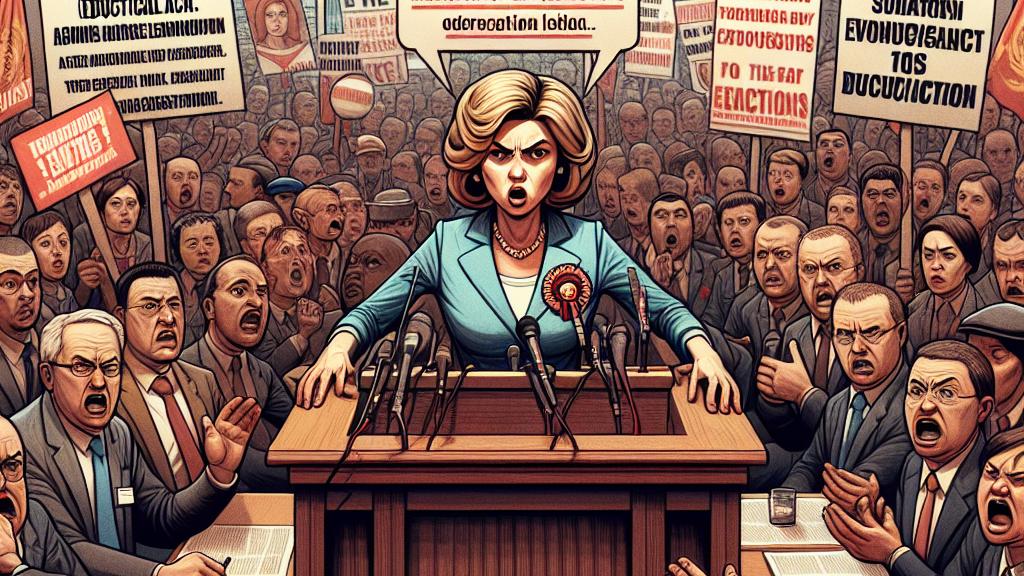Calls for Siviwe Gwarube's Dismissal Over Bela Act Boycott
Overview
- Education Minister Siviwe Gwarube faces backlash after boycotting the signing of the controversial Bela Act.
- Leaders from Cosatu and SACP demand President Ramaphosa dismiss her, citing insubordination to his authority.
- The Bela Act aims to overhaul South Africa's education system, enforcing penalties for school non-attendance and banning corporal punishment.

A Political Storm in South Africa
In a significant turn of events in South Africa, Basic Education Minister Siviwe Gwarube is under fire for her decision to boycott the signing of the Basic Education Laws Amendment (Bela) Act. This moment unfolded at the 10th elective congress of the South African Democratic Teachers Union in Johannesburg, where tensions ran high. Leaders from the Congress of South African Trade Unions (Cosatu) and the South African Communist Party (SACP) expressed their outrage and called for Gwarube’s dismissal. They argued that her actions reflect a disregard for President Cyril Ramaphosa's directives and showcase an alarming loyalty to her political party, the Democratic Alliance (DA), over her responsibilities to the nation’s educational landscape.
The Significance and Controversy of the Bela Act
The Bela Act represents the most significant change in South African education policy since the end of apartheid and carries with it the promise of transformation. Its bold stipulations include potential imprisonment for parents who fail to ensure their children are enrolled and attending school regularly. While this legislation is intended to create a more accountable education system, it has sparked a fierce backlash, especially from the DA, who argues that it centralizes too much power in government hands while diminishing the role of parents and local schools. Illustrating the urgency of this situation, a recent study revealed that a staggering eight out of ten South African children struggle to read by the age of ten, highlighting an educational crisis that demands immediate attention and serious reform efforts.
The Call for Unity and Action in Education Reform
With these tensions rising, Cosatu and SACP leaders have emphasized the necessity for collaboration among all stakeholders in education to ensure the effective implementation of the Bela Act. Their demands for Gwarube's resignation are steeped in a desire for greater accountability, communication, and unity within the education system—a critical framework for South Africa's future. Failing to engage all parties, particularly the South African Democratic Teachers Union, jeopardizes the potential benefits of these reforms, particularly for the country’s most vulnerable learners. As the dialogue around educational reform progresses, the need for cooperative action has never been clearer. It is pivotal for all voices to be heard and for genuine collaboration to foster an educational environment that transcends historical barriers and advocates for the well-being of every child in South Africa.

Loading...